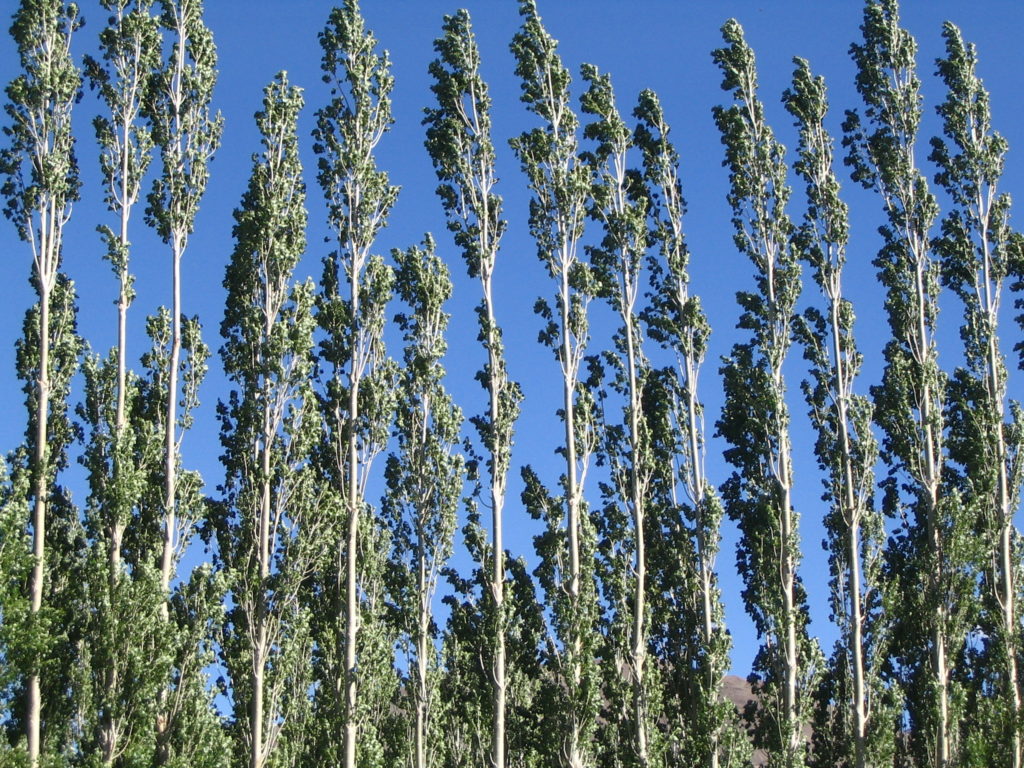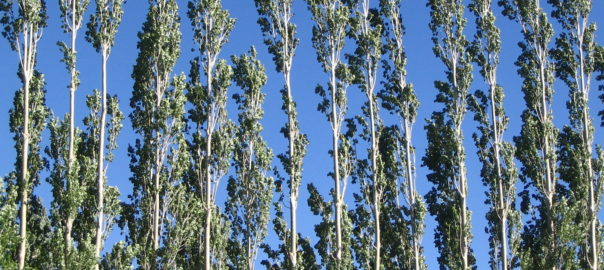
Today, the world celebrates the International Day for Biological Diversity, giving us a chance to reflect on the important role nature plays in our lives. It gives us food to eat, fresh water and air to breathe. It protects us from extreme weather conditions. It gives us beauty, an education, a system, a structure.
The United Nations proclaimed 22nd May as the day dedicated to Biological Diversity to increase our understanding of biological issues. When first created by the Second Committee of the UN General Assembly in late 1993, 29 December (the date of entry into force of the Convention of Biological Diversity), was designated The International Day for Biological Diversity. In December 2000, the UN General Assembly adopted 22 May as IDB, to commemorate the adoption of the text of the Convention on 22 May 1992 by the Nairobi Final Act of the Conference for the Adoption of the Agreed Text of the Convention on Biological Diversity.
This year, the theme for the day is “Our Biodiversity, Our Food, Our Health”.
A UNDP India blog post describes the current situation perfectly.
“This year, International Day on Biodiversity falls just two weeks after the release of the Intergovernmental Panel on Biodiversity and Ecosystem’s (IPBES) Global Assessment on Biodiversity and Ecosystem Services. It confirms what we’ve also heard from numerous other recently released reports. Over the past 50 years, we have destroyed half of the world’s tropical forests, degraded 40 percent of all land, and promoted unsustainable land use that led to one quarter of greenhouse gas emissions. Today, over one million species are threatened with extinction. In short, nature — our planet — and humankind — are in trouble.”
Our biodiversity is in a crisis. While governments, corporates and policy makers have the most important role to play to ensure the crisis is contained, we, as travellers, explorers and regular citizens of the world can also do our bit to lessen our own impact on the planet.
Here are a few tips,
1. During your travels, follow the principles of Leave No Trace.
2. Eat and purchase seasonal foods
3. Buy local foods
4. Reduce food waste
5. Compost food scraps
6. Reduce packaging by using reusable bags or glass jars
7. Avoid Single-Use Plastic
8. Travel with tour operators that adhere to strict policies of sustainability and responsible tourism.
Our upcoming journeys to Ladakh, Rajasthan, Satpura National Park and Tapovan will follow these principles. As we all know, our biodiversity is all that we have that makes us a unique, beautiful planet. And we have only one planet.
